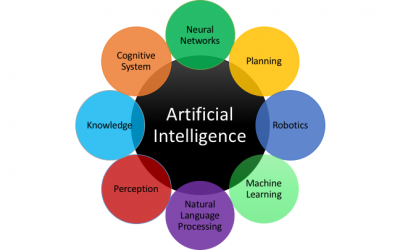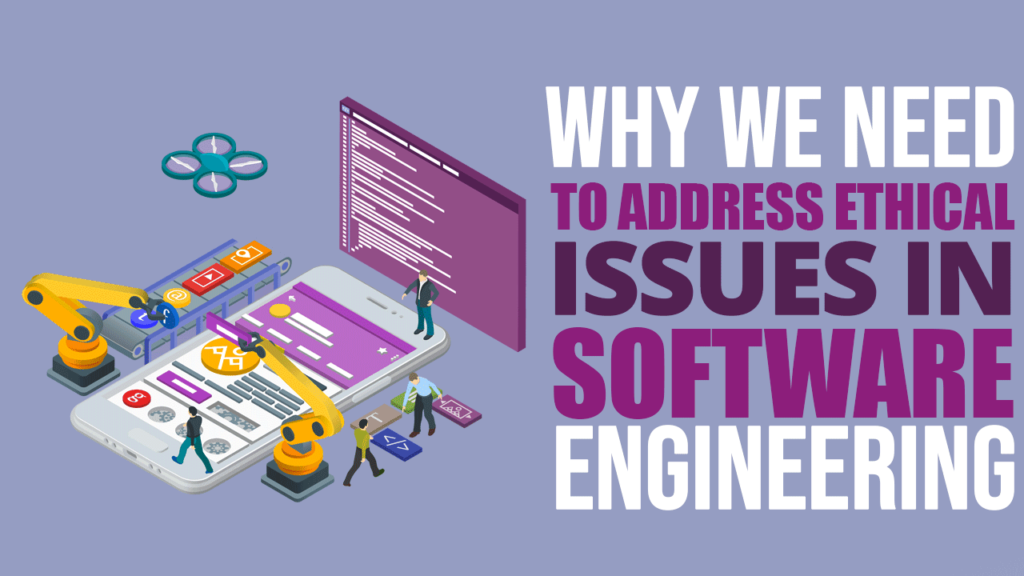The Ethics of Technology: Understanding the Impact of AI
Artificial intelligence (AI) is transforming the way we live, work, and interact with the world around us. From virtual assistants to self-driving cars, AI is revolutionizing our lives in ways that were once thought impossible.
However, with great power comes great responsibility. As AI becomes more advanced, it is essential that we consider the ethical implications of this technology. In this blog post, we will explore the impact of AI on society and discuss some of the ethical concerns that arise from its use.
What is AI?
Before we dive into the ethical implications of AI, let’s first define what we mean by “artificial intelligence.” AI refers to the ability of machines to perform tasks that would typically require human intelligence, such as learning, problem-solving, and decision-making.
AI algorithms are designed to analyze vast amounts of data, identify patterns, and make predictions based on that data. This technology has the potential to revolutionize many industries, from healthcare to finance to transportation.

The Benefits of AI
There are many potential benefits to AI, including:
- Increased efficiency: AI can automate many tasks, reducing the time and resources required to complete them.
- Improved accuracy: AI algorithms can analyze data more quickly and accurately than humans, leading to more reliable predictions and better decision-making.
- Enhanced safety: Self-driving cars and other autonomous systems can reduce the risk of accidents caused by human error.
- Better healthcare: AI can analyze medical data to identify patterns and make predictions about a patient’s health, potentially leading to earlier diagnosis and more effective treatments.

The Ethical Concerns of AI
While AI has the potential to improve many aspects of our lives, it also raises ethical concerns that must be addressed. Here are some of the key ethical issues associated with AI:
- Bias: AI algorithms can be biased based on the data they are trained on. For example, if a facial recognition algorithm is trained on mostly white faces, it may not perform as well on people with darker skin tones. This can lead to discrimination and unequal treatment.
- Privacy: AI algorithms can collect and analyze vast amounts of data about individuals, raising concerns about privacy and surveillance.
- Autonomy: As AI becomes more advanced, it has the potential to make decisions that affect human lives without human intervention. This raises questions about who is responsible for these decisions and whether they can be held accountable.
- Job displacement: AI has the potential to automate many jobs, leading to job displacement and economic inequality.
- Responsibility: As AI becomes more advanced, it becomes increasingly difficult to determine who is responsible for its actions. This raises questions about legal liability and accountability.
How to Address Ethical Concerns

Addressing the ethical concerns of AI requires a multi-disciplinary approach that involves policymakers, researchers, and industry professionals. Here are some potential solutions:
Transparency:
AI algorithms should be transparent and explainable so that users can understand how decisions are being made. This is important to ensure that the outcomes of AI systems are fair and not biased. By providing transparency, users can better understand how decisions are being made, and the logic behind them. This can help to increase trust in the technology and improve its acceptance by the public.
Diversity:
AI algorithms should be trained on diverse data sets to reduce bias and discrimination. This is important to ensure that the technology is not biased towards any particular group or community. By using diverse data sets, AI systems can better understand and reflect the needs and perspectives of different communities. This can help to reduce the potential for bias and discrimination in AI systems, and ensure that they are more equitable and inclusive.
Regulation:
Governments should create regulations to ensure that AI is used ethically and in the best interests of society. This is important to ensure that AI is not used in ways that are harmful or unethical. By establishing regulations, governments can help to guide the development and use of AI in ways that are responsible and beneficial to society. Regulations can also help to ensure that AI systems are held accountable for their actions, and that they operate within ethical and legal frameworks.
Collaboration:
Researchers, policymakers, and industry professionals should collaborate to address ethical concerns and develop best practices. This is important to ensure that the development and implementation of AI is informed by diverse perspectives and expertise. By collaborating, different stakeholders can work together to address ethical concerns and develop best practices that promote the responsible and ethical use of AI. Collaboration can also help to ensure that the benefits of AI are shared equitably, and that its potential risks are identified and addressed.
Education:
The public should be educated about the ethical implications of AI and how to use it responsibly. This is important to ensure that the public is aware of the potential risks and benefits of AI, and can make informed decisions about its use. By educating the public, we can help to promote a better understanding of the ethical implications of AI, and ensure that it is used in ways that are responsible, safe, and beneficial.
Conclusion
AI can revolutionize our lives but also raises ethical concerns. A multi-disciplinary approach involving policymakers, researchers, and industry professionals can ensure ethical and beneficial use of AI.

